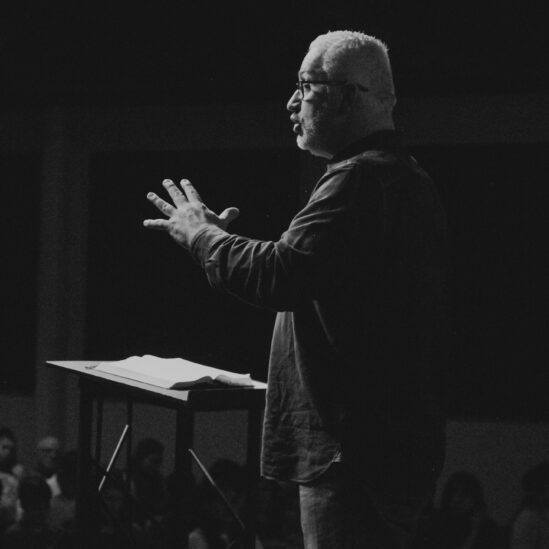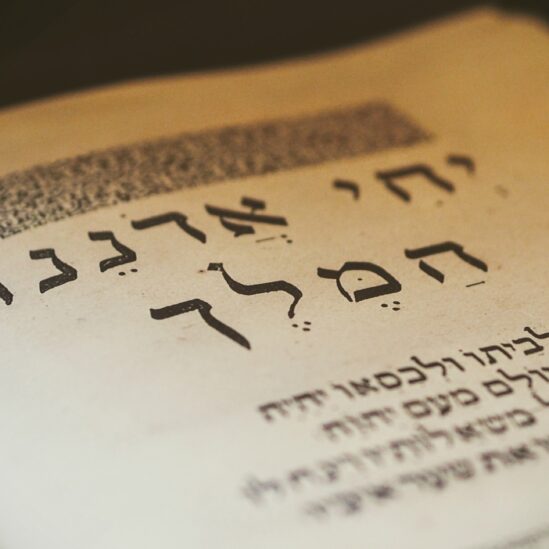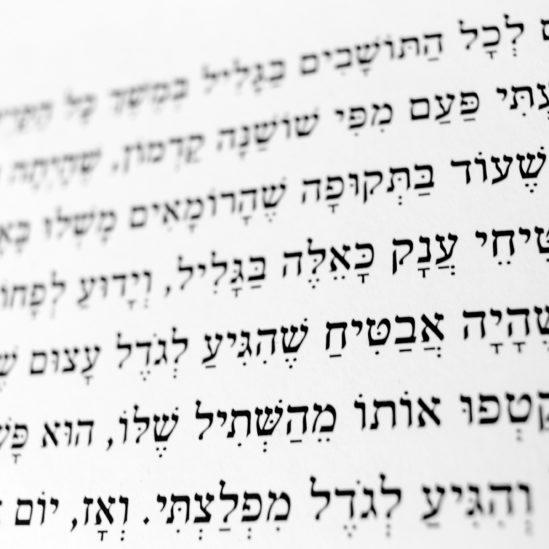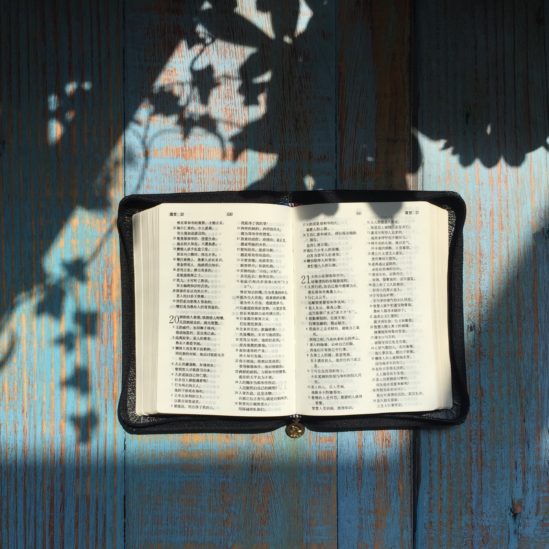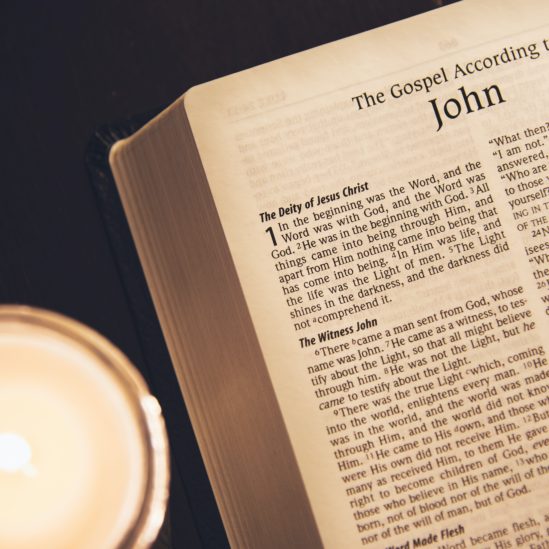ADMISSION
CAREY’S VISION IS TO EMPOWER FAITHFUL CHRISTIAN LEADERS FOR EVERY GENERATION, CULTURE, AND COMMUNITY.
General Admission Requirements and Process
ENGLISH program language requirements
English is the primary language of instruction at Carey Theological College, and is essential for study in most Carey degree, diploma, and certificate programs. All prospective students applying to programs in which English is used for instruction must demonstrate a minimum level of English proficiency before they can be admitted.
There are seven ways to meet this requirement:
- A recognized 4-year bachelors degree with a minimum of a B- average (2.70 GPA)
- Official transcripts from all schools attended or a notarized letter accompanying a copy of the original transcript
- A completed online admissions application
- A current photograph
- Ability to learn and use technology for learning and communications
- Applicants whose first language is not English must satisfy competency requirements in this area to study in courses that are delivered in English. Options to satisfy this requirement are outlined below
- Application Fee
Complete four or more consecutive years of full-time education in English within Canada immediately prior to enrolling at Carey Theological College.
Complete four or more consecutive years of full-time education in English in a country other than Canada where English is the principal language. These four years must be immediately prior to attending Carey.
Achieve a grade of 70% or better on the provincial examination portion of BC English 12 or English Literature 12 or the equivalent.
Achieve a final grade of 4 or better on Advanced Placement (AP) English Language & Composition or AP Literature & Composition; or achieve a final grade of 5 or better on International Baccalaureate English A1 or A2 (higher-level or standard-level).
Graduate from a recognized degree program at an accredited university at which English is the primary language of instruction in a country where English is the principal language
Achieve the competence standard indicated by Test of English as a Foreign Language (TOEFL). The Test of English as a Foreign Language (TOEFL) measures the ability of non-native speakers of English to use and understand English as it is spoken, written, and heard in academic settings. The test helps students demonstrate that they have the English skills necessary for effective communication and successful coursework. Applicants whose first language is not English must submit satisfactory results from an internet-based TOEFL test taken within the last two years. Use Carey’s code number 5981 when indicating Carey as a score recipient. Scores will be sent to Carey directly from Educational Testing Service. (TOEFL is available from Education Testing Service at www.ets.org). Refer to minimum required scores per program below.
Achieved an overall score of 6.5 on the IELTS test, with no less than 6.0 in all language competency requirements. Students can appeal the English-language requirement when they apply to Carey by providing a written record of their English language experience in school, workplace, and life. The admissions committee may require a writing sample to assess an applicant’s language competency. The Admissions Committee will consider the student’s qualifications and the Committee’s decision will be final.
Chinese or Spanish LANGUAGE Requirements for Graduate Programs
Where a student has completed coursework but not an academic program at another accredited seminary or religious institution, and a particular graduate course taken in that setting can be shown to have relevance to one’s Master’s program at Carey, the course may be applied as transfer credit. Transfer of prior course credits must be processed at the time of admission.
Students who wish to take courses at another institution for credit after admission to Carey must receive prior written approval. Requests for credit toward all degrees should be made to the Registrar. After written approval is received and a Letter of Permission (LOP) is granted, the student must make application and register for such courses with the appropriate institution. On completion, an official transcript must be sent to the Registrar’s Office. Transfer credit is awarded only if the grade achieved is at least of the average grade required to graduate the Carey program. There is a fee for transfer credits. Carey course offerings are published in advance so that students may plan their course load to fulfill the requirements of their program. Students should note the maximum number of transfer credits that are acceptable.
Maximum combined shared/transferred credits that can be applied to a Carey degree program: D.Min.: 9; M.Div.: 36; MASF: 24; MACM: 24. For certificate and diploma programs, no more than 1⁄2 of the required credits can be transferred/shared.
Advanced Standing with Credit is the process by which a student’s prior learning through degree program coursework in an accredited undergraduate institution is recognized as providing limited equivalency to the requirements of a seminary degree program, allowing a corresponding reduction in graduate credits required for graduation. It is a way of acknowledging that some students enter seminary with an extensive background in theological study that overlaps to some degree with what is covered in the seminary program, in a manner that would not be true of the typical seminary student who lacks that background. (A parallel process is occasionally applied for students with Th.M. credits or two Master’s degrees who seek Advanced Standing toward the D.Min.)
When assessing Advanced Standing with Credit, the Office of the Registrar will review a student’s undergraduate transcripts, identifying areas of correspondence with core classes required in the Carey program. Credit will be granted for the relevant Carey courses based on assessed equivalency. Advanced standing may not be awarded for required electives. No more than 25% of credits required for the Carey program may be covered through Advanced Standing. Normally Advanced Standing is granted only to students who have completed a theological undergraduate degree whose program focus is similar to that of the Carey degree, where there is a clear specialization (50-60+ credits) in the area where Advanced Standing is sought. Ministry experience cannot be used to substitute for academic credits. In some cases ministry experience plus an advanced guided study may be permitted to substitute for some introductory courses within the Advanced Standing quota on a Prior Learning Assessment basis with the approval of the VP Academic.
Please note that Advanced Standing “credits” are non-transferrable, and can only be used in the context of the relevant Carey degree program. They are not applicable to Certificates or Diplomas.
Maximum Advanced Standing credits: D.Min.: 6; M.Div.: 18; MPM: 12; MASF: 12; MACM: 12
Mature Student status is a special subset of Provisional admission, applicable to graduate programs (M.Div., MPM, MASF, MACM and graduate Diplomas). It may be granted to students who do not have a completed undergraduate degree, but who have sufficient relevant work and/or life experience to prepare them for study in the degree program.
A prospective student must be 30 years of age or older to be considered for admission under Mature Student status. He/she must provide a detailed summary of relevant training and experience which demonstrate readiness for theological study at the graduate level. This should include an account of learning opportunities experienced, of work and ministry history, with other relevant life experience. Please provide dates and length of time in various roles, specific information on courses and training taken, and on relevant achievements (eg: ordination, certification, publications, etc.). Because educational equivalence must involve reflection as well as simple experience, please also include information on reading and professional development practices, and identify ways in which your life and ministry experiences have been the subject of focused reflection, and especially of reflection in conversation with other peers and supervisors.
Once the Admissions Committee has reviewed the prospective student’s dossier and granted admission under Mature Student status, the student will be admitted to the relevant program on a provisional basis. Note that though a student may be admitted directly to a degree program on a Mature Student basis, in most cases those who enter with Mature Student status are admitted initially to a graduate Diploma program. This allows the candidate to engage in graduate studies, and it can become a pathway into admission into a graduate degree. (For those with Mature Student status, admission to the Diploma does not guarantee subsequent admission to a Degree.)
Whether a student is admitted to a Diploma or Degree program, entering with Mature Student status is understood to be admission on a provisional basis. He/she must maintain a minimum final grade of at least B- on each of the first 5 foundational courses taken (15 credit hours). At the completion of 15 credits, the Admissions Committee will assess the student’s academic work, which will lead either to full admission or denial of entry to the program.
Note that normally a student admitted under Mature Student status retains that designation throughout the degree program, even after full admission. In some cases undergraduate degree completion equivalency can be established through a combination of recognition for courses taken and a formal Prior Learning Assessment (PLA) review by the Student Life Office, in which case Mature Student status may be dropped and Regular Student Status granted.
Accreditation regulations require that Carey limit the number of Mature Students who are active in any Master’s Degree program at any one time. This has several practical Implications:
- Even though a prospective student has the appropriate qualifications to receive Mature Student status, Carey may not be able to grant admission to a degree program on this basis if Mature Student quotas have already been filled. Carey reserves the right to prioritize student applications for Mature Student status, based on strength of candidates’ application, perceived benefit of the program to the student, and perceived contribution of the student to the program.
- Carey reviews and approves applications for Mature Student status at fixed intervals during the year—normally in early summer, with the option of a second review in January. This is different from regular admission to Carey programs, which is continuous throughout the year.
- Carey reserves the right to require Mature Students to enroll in a higher number of courses per year than what is normally needed to maintain current student status in a degree program. Mature Students are currently required to take a minimum of 2 courses per year, for credit, in order to maintain their current student status. Those who fail to maintain this level of enrolment may be deemed inactive in the degree program and registered in the corresponding Diploma; re-admission will be required in order to regain active status in the graduate degree.


